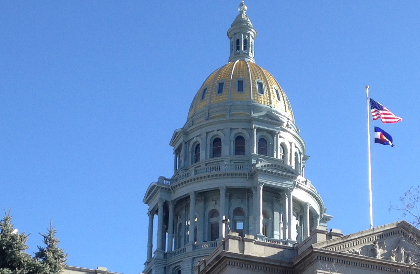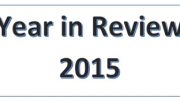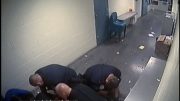Update: The House approved HB 17-1261 and HB 17-1262 on Thursday, Apr. 13, on identical votes of 37-28. Both bills now head to the Senate.
By Jeffrey A. Roberts
CFOIC Executive Director
A House committee this week approved two bills intended to shine light on political dark money in Colorado.
House Bill 17-1261 would require that anyone spending $1,000 or more in a year on electioneering communications include “paid for” disclosures in those ads. House Bill 17-1262 would close a reporting gap so that spending information on electioneering communications is available throughout a campaign season.
 “Both of these bills really work on bringing greater transparency to the election process,” said Rep. KC Becker, D-Boulder, who introduced the measures with Rep. Jeff Bridges, D-Greenwood Village. Both bills passed on party-line votes Wednesday in the Democratic-controlled House State, Veterans and Military Affairs Committee.
“Both of these bills really work on bringing greater transparency to the election process,” said Rep. KC Becker, D-Boulder, who introduced the measures with Rep. Jeff Bridges, D-Greenwood Village. Both bills passed on party-line votes Wednesday in the Democratic-controlled House State, Veterans and Military Affairs Committee.
An electioneering communication, according to the Colorado Constitution, is a flyer, mailer, billboard or other advertisement that “unambiguously refers to any candidate” and is disseminated to the public within 30 days of a primary election or within 60 days of a general election.
For campaign-finance disclosures, HB 17-1262 would change that definition to include electioneering communications that are broadcast, printed or distributed between the June primary and the November general election.
“This is a period of time when the candidates are known, everyone knows what offices they’re running for and spending is occurring on those candidate races,” said Peg Perl, senior counsel for Colorado Ethics Watch. But the current law doesn’t trigger disclosures during that time, leaving voters in the dark about a lot of campaign spending, she added.
In 2016, according to research by Colorado Ethics Watch, at least $1.9 million was spent on political ads in Colorado between June 29 and September 8, a period in which groups were not required to report spending on electioneering.
Becker said the other bill, HB 17-1261, would help to alleviate distrust in government.
“I think that starts even before people get elected because we all get mailers as voters, and we send mailers as candidates, and people are suspicious of them,” she said. “The one thing we can do to create greater confidence in our electoral system is to have greater transparency.”
Last fall, The Colorado Independent found examples of anonymous fliers targeting candidates in hotly contested statehouse races. Because the fliers didn’t suggest voting for or against a particular candidate, they didn’t have to reveal who paid to have them printed and distributed.
“A number of negative ads and positive ads did not have paid-for-by statements and that’s all perfectly legal under the current law,” Perl said. “But that’s not useful. When a voter gets a piece of information about a candidate, they need to know where it comes from to be able to evaluate the information and evaluate the source.”
Deputy Secretary of State Suzanne Staiert testified that the bill is flawed because it lacks a requirement that electioneering communications “express advocacy.” The proposal “grabs too many things. It grabs too many communications,” she said, contending that it could affect wedding invitations printed and distributed by a political candidate’s daughter.
Rep. Stephen Humphrey, R-Eaton, said he voted against the bill because “the language is too broad. Free speech should be able to be exercised even if it is anonymous and one wants to make a political statement.”
Follow the Colorado Freedom of Information Coalition on Twitter @CoFOIC. Like CFOIC’s Facebook page. Do you appreciate the information and resources provided by CFOIC? Please consider making a tax-deductible donation.




